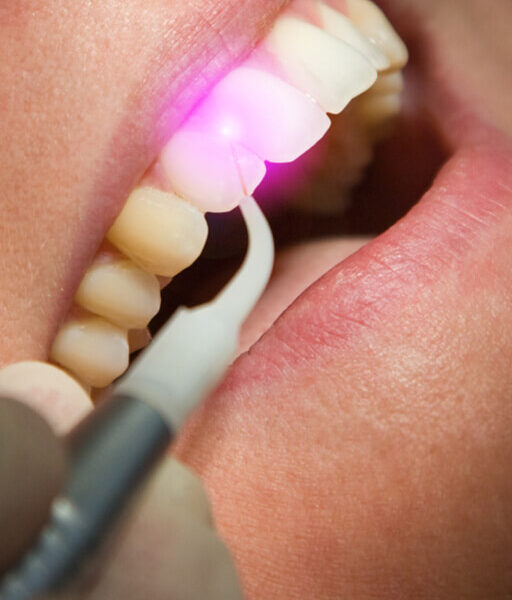What is Periodontal Flap Surgery?
Flap surgery is the separation of a section of your gum tissue from the underlying tissue to allow a good view and direct access to the bone and root surface.
When non-surgical methods like scaling and root planing are not enough to address the effects of gum disease, flap surgery can restore the health of your smile. If left untreated, gum disease can cause extensive damage to the supporting structures of your teeth and eventually leading to tooth loss. The periodontist perform flap procedure to stop the progression of gum disease.
What Is the aim of the Procedure?
• Repair or regeneration of damaged bones and tissues
• Preventing tooth loss
• Eliminating bacteria and infection
How Do I Know If I Am A Candidate For Flap Surgery?
A flap procedure is typically recommended for patients with moderate to severe gum disease, that has not responded to non-surgical treatments such as scaling and root planing. Patients with advanced periodontitis can benefit from flap surgery.
What Are The Goals Of Flap Surgery?
- Eliminate or reduce the pocket itself.
- Regeneration of bone tissue which may have been lost to the disease.
A variety of techniques may be used to accomplish this, including regenerative methods using bone grafting, PRF, and GTR( barrier membrane). (Click to learn more) These approaches help restore the gums to their normal form and function, and promote health and secure anchoring of teeth
How Is Flap Surgery Procedure Done?
- Flap surgery is typically done under local anesthesia.
- After anesthesia has taken effect, a flap-like incision is made in the gum tissue to separate the gums
from the teeth. - The outer gum tissue is gently folded back to give access to the roots and the supporting structures and
bone tissue. This allows diseased tissue to be removed from inside the pocket, and provides access to the teeth’s root surfaces for a thorough cleaning, which helps to eliminate harmful plaque and tartar, if
needed, the area may also be treated with antibiotics or other medications. - Bone defects can be repaired with grafting material, and proper regeneration can be encouraged by physical (barrier membranes) and PRF methods. (Click to know more)
- Finally, the incision is closed and the procedure is completed.
- The time it takes to complete the procedure depends on the extend of the damage and how much of gum areas are affected.
- Anesthesia will prevent pain during surgery. Pain and discomfort after the procedure can be managed
with medications.




